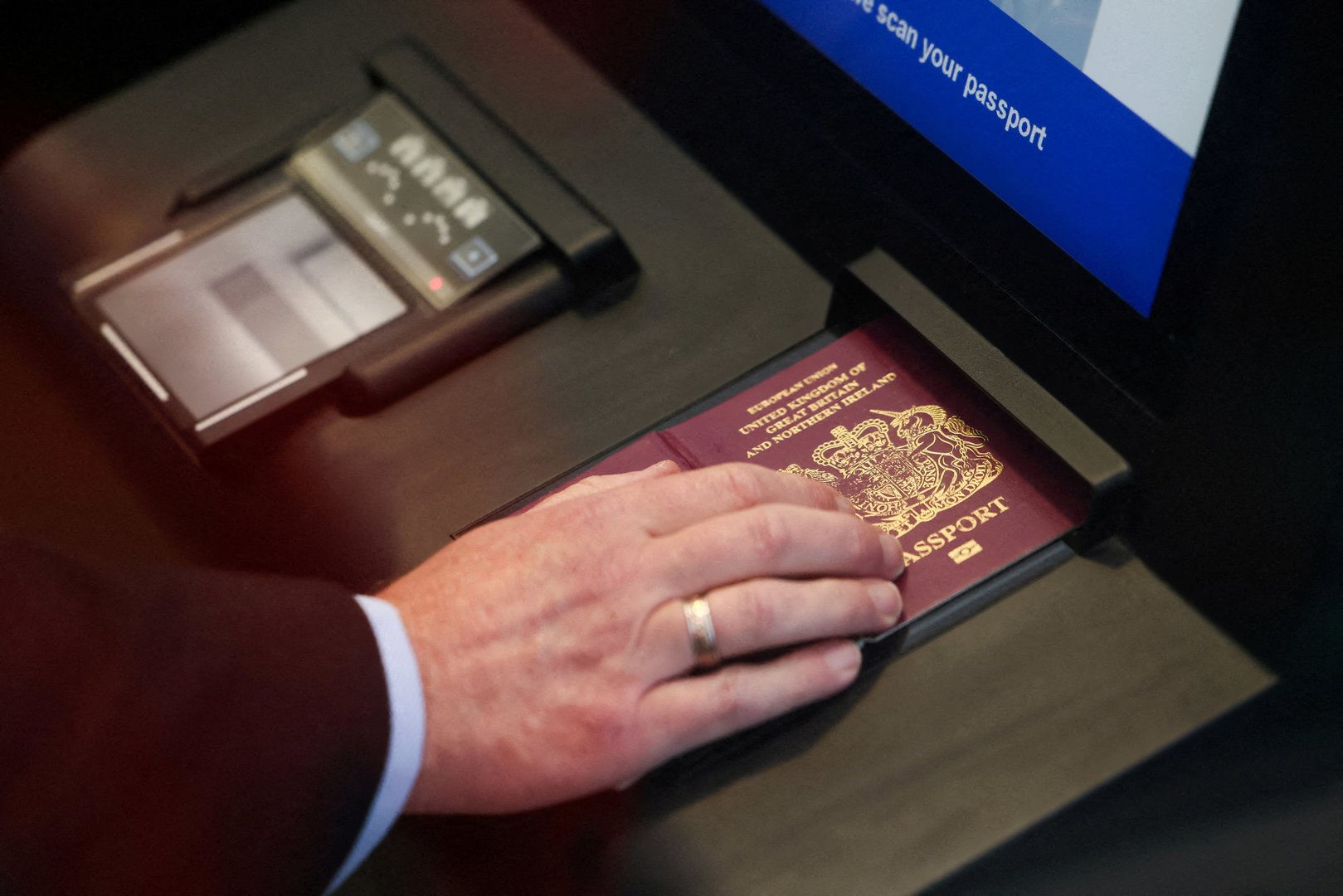
UK’s Port of Dover Delays EU Biometric Border Checks for Tourist Traffic
Implementation of the EU’s Entry/Exit System at car lanes in Dover held up awaiting French approval
The Port of Dover has postponed the roll-out of the European Union’s new biometric border checks for tourist car travellers after French authorities declined to give the go-ahead, despite the UK side being operationally ready.
The checks are part of the EU’s new Entry/Exit System (EES), which requires non-EU nationals including British visitors to provide biometric data such as fingerprints and a photograph before boarding for France.
Freight and coach traffic at Dover began undergoing the EES checks from 12 October, but the planned start for tourist vehicle lanes on 1 November has been delayed.
Doug Bannister, Chief Executive of the Port of Dover, said that “whilst Port of Dover’s facilities will be ready for 1st November, we are being guided by French authorities as to when we will activate”.
Under the phased rollout, UK-bound departures via Dover, Eurotunnel’s Folkestone terminal and Eurostar’s St Pancras station will see the checks conducted at the UK side before boarding.
The six-month implementation period will run until April 2026, allowing suspension of checks if delays become excessive.
Concerns remain over the impact on travel times: Bannister previously warned that processing each car could take up to six times longer than current procedures.
Travel industry providers and passengers were advised to allow extra time particularly in the early weeks of the scheme.
Authorities emphasised that freight and coaches continue without change, and the delay applies only to tourist cars.
The Port of Dover stressed it remains ready for full activation pending French clearance, while both UK and EU officials say they are coordinating to minimise disruption across the Channel corridor.
The checks are part of the EU’s new Entry/Exit System (EES), which requires non-EU nationals including British visitors to provide biometric data such as fingerprints and a photograph before boarding for France.
Freight and coach traffic at Dover began undergoing the EES checks from 12 October, but the planned start for tourist vehicle lanes on 1 November has been delayed.
Doug Bannister, Chief Executive of the Port of Dover, said that “whilst Port of Dover’s facilities will be ready for 1st November, we are being guided by French authorities as to when we will activate”.
Under the phased rollout, UK-bound departures via Dover, Eurotunnel’s Folkestone terminal and Eurostar’s St Pancras station will see the checks conducted at the UK side before boarding.
The six-month implementation period will run until April 2026, allowing suspension of checks if delays become excessive.
Concerns remain over the impact on travel times: Bannister previously warned that processing each car could take up to six times longer than current procedures.
Travel industry providers and passengers were advised to allow extra time particularly in the early weeks of the scheme.
Authorities emphasised that freight and coaches continue without change, and the delay applies only to tourist cars.
The Port of Dover stressed it remains ready for full activation pending French clearance, while both UK and EU officials say they are coordinating to minimise disruption across the Channel corridor.









